The Story of the Home Children ~ Pt. 1
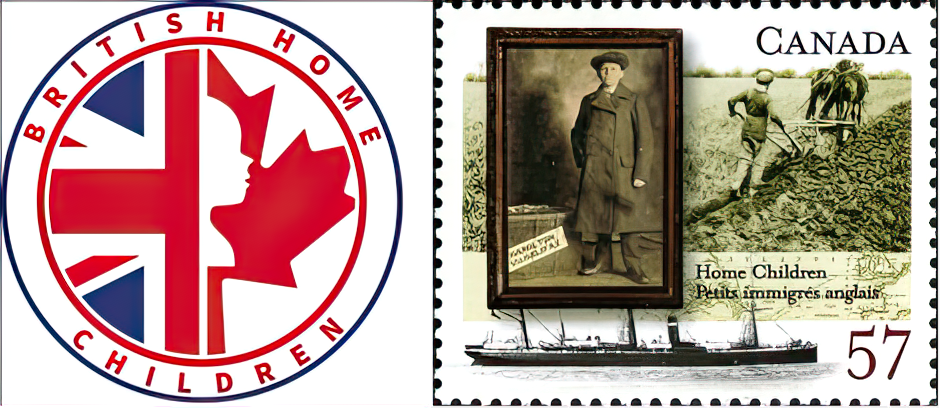
Article by Lucy Martin
Who settled Canada? Of course the answer involves countless individual stories from many countries – and continues to this day. Until the May (2011) meeting I was unaware that as many as five million present-day Canadians are descended from an ancestor sent from Great Britain as a 'Home Child'.
The Home Child movement arose from mixed motives and produced mixed results. The basic concept reflected the reformer's vision of genuine progress. It was a reality of the day that uncounted children in the dense slums of England and Scotland faced great risk of hunger, abuse, crime, disease and early death. In some cases, what better solution than to send some such children to land-rich but labour-hungry commonwealth countries overseas? In a period where poverty was often seen as a a personal moral failure, removal was one form of rescue.
It was thought that places like Australia and Canada could provide training, employment and the chance for a better future. This would spare overburdened parish resources and keep children from bleak incarceration in the local workhouse. A more critical view might contend the movement thrust vulnerable children into unpaid servitude, commodifying them as a problem to be disposed of, with little regard to their fate.
Interpretations vary, as did the outcomes. But the facts remain: from 1869 to the late 1930's over 100,000 such children, typically between the ages of 4 and 15, were shipped away to work in Canada, under the sponsorship of over 50 social or benevolent organizations.
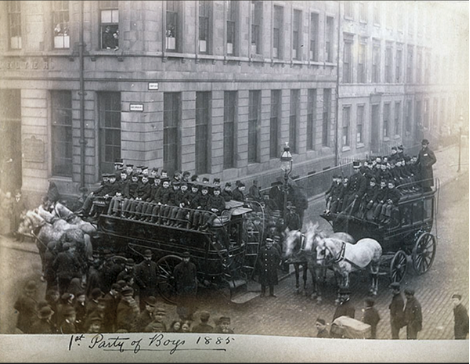
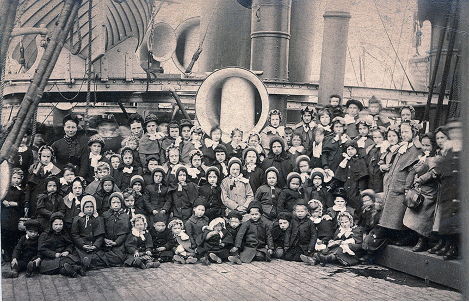
Not all Home Children were full orphans, but nearly all came from severe poverty. Even for those whose material circumstances were greatly improved, it must have been a traumatic experience. The children lost proximity to all remaining friends and relatives as well as the communities they had known. Those with siblings were usually separated as well.
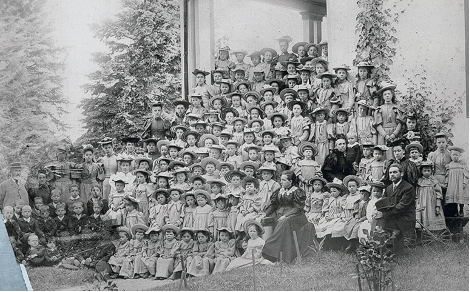
The luckiest were adopted into loving families. The majority worked hard for their keep, in conditions that ranged from fair and wholesome, to harsh, exploited serfdom. In the very worst cases, which could include starvation or sexual abuse, relief only came from running away, suicide or death. Not until age 18 did each have the right to make a life of his or her own.
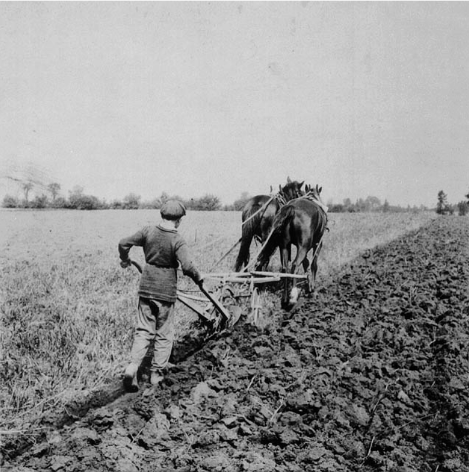
Cruel as this may seem to modern sensibilities, that era was harsh in general. Modern social 'safety nets', and the more coddled childhood considered normal today, were decades away. Most people did work hard, from childhood onward. Diligent toil was equated with respectability for all but the idle rich. And while few would endorse outright cruelty or exploitation, even today many would agree that a good work ethic builds character and creates more successful nations.
According to Wikipedia, Australia formally apologized for that chapter of history in 2009, as did Great Britain in 2010, in recognition of the mistreatment and suffering involuntarily endured by many. To date Canada has not opted to apologize, perhaps in the belief that most Home Children did benefit by coming to this country.
2010 was declared “Year of the British Home Child in Canada” thanks to a private member's motion from Brant MP Phil McColeman (the nephew of a Home Child) which attained rare unanimous support in Parliament.
Efforts continue to better publicize and understand this topic. Library and Archives Canada has records of basic details such as a child's name, age, year of arrival, ship taken, sending organization and placement in Canada. Volunteers from the British Isles Family History Society of Greater Ottawa (BIFHSHGO) have undertaken the signifiant task of indexing the names of juvenile migrants found on passenger lists.
Both the RTHS and the Rideau Branch of the Ottawa Archives have taken an interest in the home children. The May (2011) meeting of the RTHS featured a presentation on the home children including a number of speakers descended from home children who described the experience of their ancestors as passed down to them.
Next Month: Stories of the Home Children
